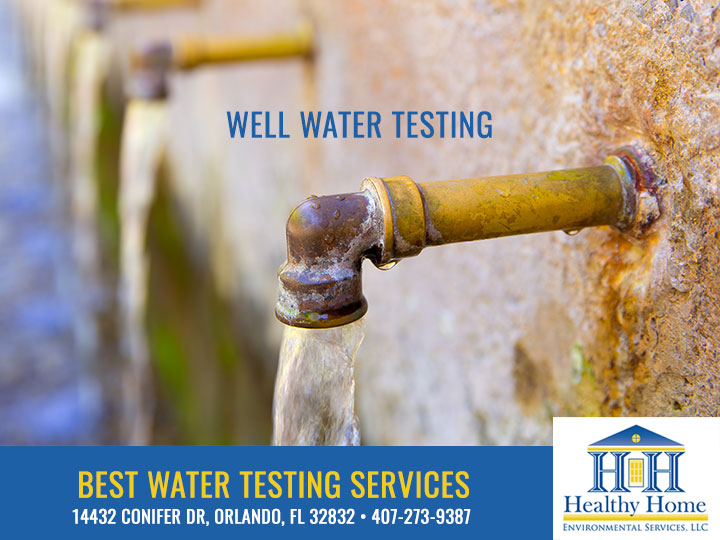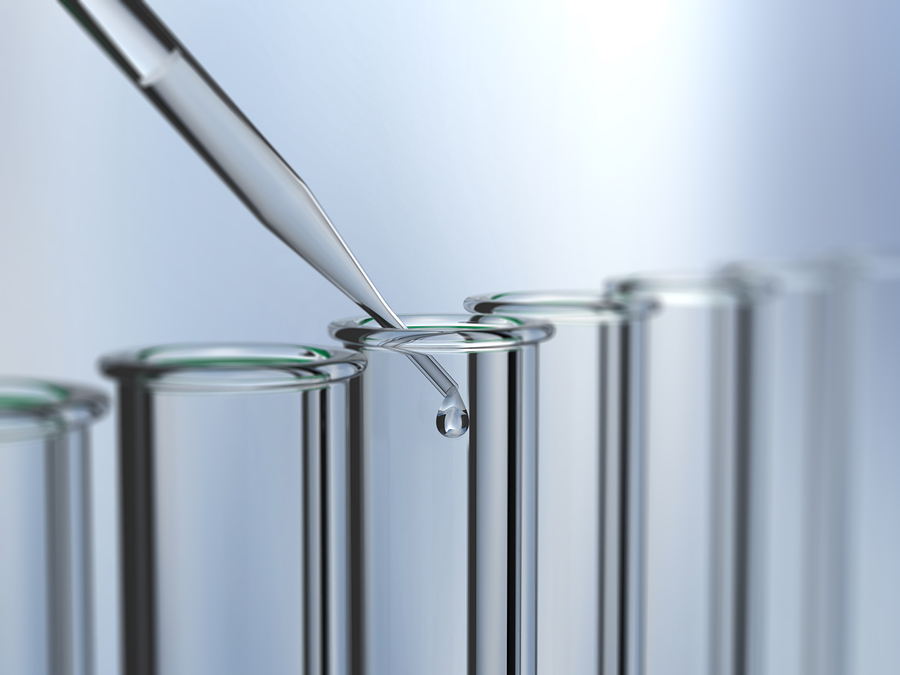Comprehensive Water Testing Services Orlando for Your Home's Requirements
Comprehensive Water Testing Services Orlando for Your Home's Requirements
Blog Article
Learn How Water Screening Can Find Pollutants and Secure Your Family members's Well-being
Recognizing the value of water screening is essential for guarding your family's health, as our water supply can harbor hidden threats. By checking out the mechanics of water screening, one can discover the invisible hazards hiding in relatively pristine water resources.
Relevance of Water Examining
Identifying the important duty water plays in sustaining life, the value of water testing can not be overstated. Water is a basic resource, necessary for drinking, cooking, cleanliness, and numerous industrial procedures. Its quality directly influences public wellness and health. Therefore, guaranteeing that water is devoid of unsafe substances is important for preserving healthy communities and ecological communities.
Water testing functions as a positive step to recognize possible hazards that might endanger water quality. Through systematic evaluation, it aids identify physical, chemical, and biological parameters that might position dangers to human health and wellness. Regular testing permits for the very early discovery of problems, helping with timely interventions to avoid prevalent contamination and connected health issue.
Additionally, water screening supports governing compliance, making certain that water suppliers meet well-known security criteria and standards set by governmental authorities. It promotes openness and liability, building public count on the water system. Additionally, testing provides important information that informs water management techniques, allowing sustainable use and conservation of this precious source.
Fundamentally, water testing is an important tool that safeguards public wellness, ensures regulatory adherence, and promotes the sustainable administration of water sources. Its importance in protecting both neighborhoods and individuals can not be taken too lightly.
Typical Water Impurities
Amongst the different components that can compromise water top quality, usual water contaminants consist of an array of physical, chemical, and organic materials that present considerable risks to human wellness and the setting. Physical impurities often involve sediments or natural materials suspended in water, which can impact clarity and taste. Chemical pollutants encompass a wide range of substances, including chemicals, herbicides, metals like lead and mercury, and commercial chemicals. These chemicals can infiltrate water supplies through farming overflow, industrial discharges, or seeping from pipes and tank.
Biological pollutants, mostly microorganisms, viruses, and protozoa, occur from animal and human waste entering water systems. Virus such as E. coli, Giardia, and Cryptosporidium are notorious for causing intestinal health problems and can be particularly harmful to little ones, the senior, and those with compromised immune systems. Nitrites and nitrates, usually coming from fertilizers, posture an additional wellness threat, especially to babies, potentially bring about problems like methemoglobinemia or "blue child syndrome."
In addition, emerging impurities, including pharmaceuticals and personal treatment products, have increased problems due to their determination and unidentified long-term impacts. Comprehending these pollutants is vital for executing effective water treatment techniques and guaranteeing safe alcohol consumption water.
Just How Water Testing Functions
Understanding the range of contaminants in water highlights the value of efficient screening methods to guard public health and wellness. Water screening is a systematic procedure developed to determine and measure numerous impurities that can posture threats to human health.
Once examples are gathered, they undergo laboratory evaluation using different methods. Chemical screening usually entails spectrometry or chromatography, both of which can identify and determine specific chemical compounds. For microbiological testing, techniques such as membrane filtering or enzyme substratum tests are made use of to find pathogenic bacteria. In addition, physical characteristics weblink like turbidity, ph, and shade are examined to give insight into the overall top quality of the water.
The exact methods used in water testing depend on the certain contaminants of concern and the water's planned usage. By consistently applying these extensive screening procedures, researchers and public wellness officials can ensure the safety and security and quality of water, therefore protecting neighborhoods from potential health and wellness dangers.
Picking the Right Examination
The very first step is evaluating the water resource-- be it metropolitan, well, or surface area water-- as each has unique dangers. Community water may need testing for disinfectant results, while well water might need screening for nitrates, microorganisms, and hefty metals.
Next, think about recent occasions and environmental aspects. Nearby farming tasks may demand testing for chemicals and herbicides, whereas commercial zones could need look for chemical toxins. In addition, any type of changes click for more info in water appearance, odor, or preference should trigger specific screening for usual contaminants like lead, chlorine, or biological pathogens.
Specialist water screening services supply detailed packages that target a broad variety of potential contaminants. These packages typically straighten with criteria set by the Epa (EPA) or regional health and wellness divisions. For a more tailored method, seeking advice from a water high quality expert can offer understandings into which particular examinations are required based on local problems and individual wellness requirements, guaranteeing the security of your household's well-being.

Maintaining Water Safety And Security

Along with screening, proper maintenance of water systems plays a crucial role. This includes servicing and checking plumbing systems, tank, and septic systems to stop leaks or backflow that can introduce impurities - Well water testing services. Employing water purification systems created to address specific local concerns can better protect versus contaminations, offering an extra layer of Get the facts defense
Public awareness and education are equally crucial in preserving water safety and security. Communities must be notified about prospective dangers connected with local water resources and the essential actions to mitigate them. Urging public engagement in water safety and security efforts fosters a collective obligation that boosts general effectiveness.
Ultimately, an extensive strategy that integrates normal screening, system maintenance, and area involvement is important in securing water quality. By doing so, family members can be ensured of tidy and safe water, safeguarding their health and health.

Verdict
Regular water screening is necessary for determining impurities such as germs, hefty metals, and chemicals that present health and wellness risks. By evaluating water examples, undetected threats can be discovered, making certain the arrangement of risk-free alcohol consumption water.
Understanding the value of water screening is crucial for guarding your family's wellness, as our water supply can harbor hidden risks.Water screening serves as an aggressive procedure to recognize potential dangers that may jeopardize water quality.Furthermore, water screening sustains governing compliance, making certain that water suppliers satisfy well established safety standards and standards set by governmental authorities. Local water could require screening for disinfectant byproducts, while well water might require testing for nitrates, bacteria, and hefty steels.
Normal water screening is a critical component in preserving the top quality of water resources, making it possible for prompt interventions prior to pollutants get to dangerous degrees.
Report this page